Against all odds, it's been a bit of a vintage year for new cameras – we've been treated to everything from high-end powerhouses like the Canon EOS R5 to incredible pocket cameras like the iPhone 12 Pro Max.
Could 2021 possibly match it? There are strong signs that it could, given the latest rumors and our knowledge of what's hurtling around the corner. So to whet your photographic appetite (and give your savings account ample warning), we've rounded up the cameras, drones and phones we can't wait to shoot with this year.
In 2021, we’ll find out if the Micro Four Thirds format will get a new lease of life, thanks to possible arrivals like the Panasonic Lumix GH6 and (if we're lucky) a resurrected Olympus PEN range.
Sony, Canon and Panasonic will also show us what new delights can be teased out of full-frame mirrorless cameras. And some interesting developments in drone tech will make it even easier to get Hollywood-grade cinematography on a YouTuber’s budget.
A word of warning: these cameras are by no means confirmed, but our list of potential new arrivals is based on a mix of usually reliable rumor sources and our knowledge of the cameras that are well overdue an upgrade. So, in no particular order, here are 12 of 2021’s most exciting upcoming cameras.
- These are the best cameras you can buy right now

Sony A7 IV
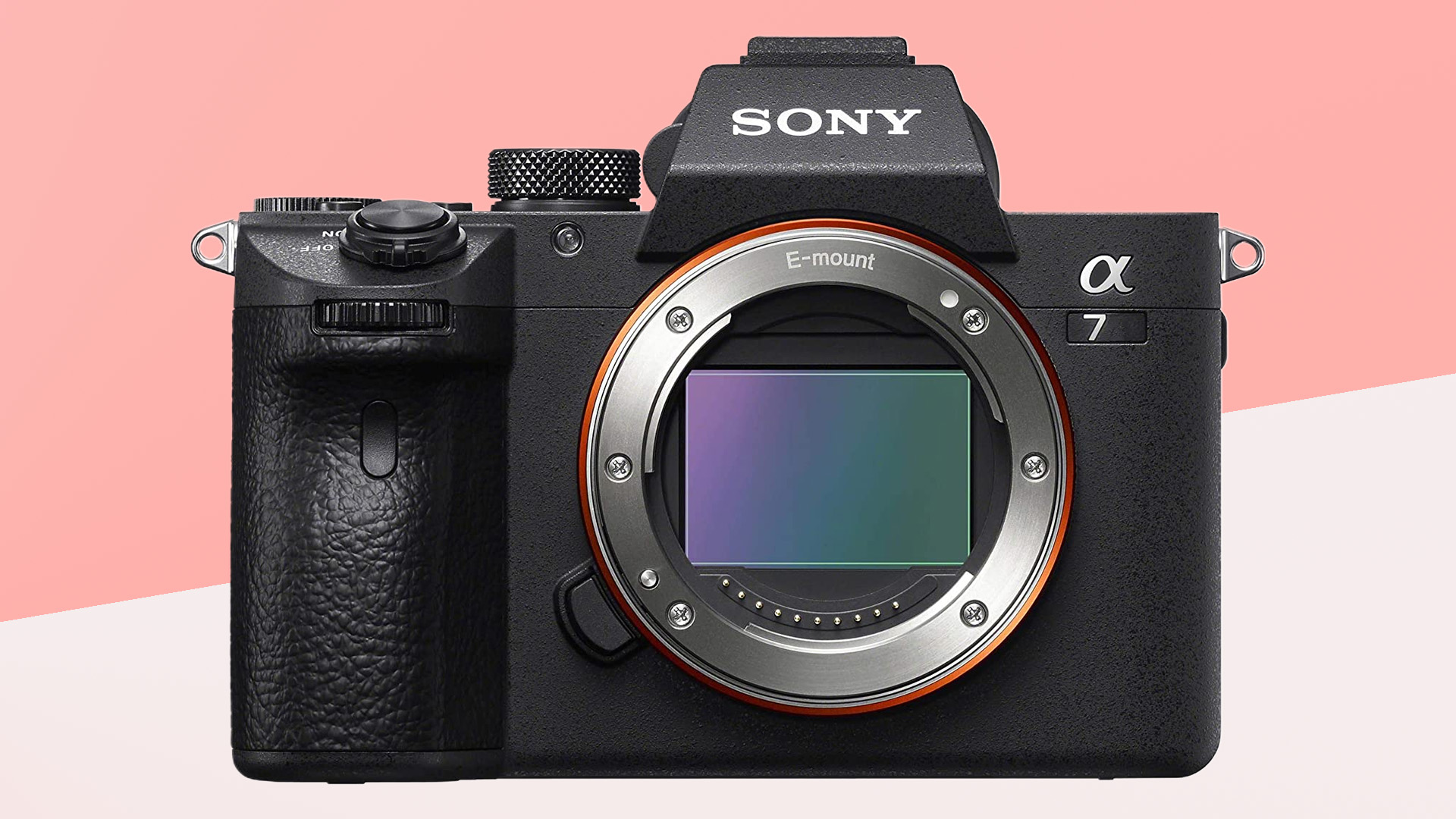
The Sony A7 IV is one of the cameras we're most looking forward to in 2021. After all, the Sony A7 III is a bona-fide classic and these all-rounder Alphas always have us checking our bank balance to see if we can finally justify splashing out.
Indeed, the rumored upgrades make you wonder if you’d really need anything else. The Sony A7 IV will likely be able to shoot 4K video at 60fps, an upgrade over the A7 III’s 4K/30p mode. And the sensor will likely take a big jump from 24.2MP to a 30-32MP affair.
There’s always that old trade-off in native sensitivity when increasing sensor size. But the real-world impact won’t be too great for most shooters, as the A7 IV would retain five-axis image stabilization.
We also hope to see the EVF resolution jump from 2.36-million dots to 3.69-million (which translates to 1280x960 pixels) and the rear LCD move from 921k-dot resolution to 1.44-million dots. Both would be small but significant upgrades.
A sensible update is all we're after really. Expect it to land at around $2,500 / £2,500 / AU$3,600, although there's reason to keep those hopes of an imminent release in check – Sony has reported a “severe shortage” of the components it needs for its cameras, which could delay its launch.
The current Sony A7 III was announced in February 2018. In light of these shortages, a February announcement or release may be optimistic, but we're staying optimistic.

Canon EOS R7
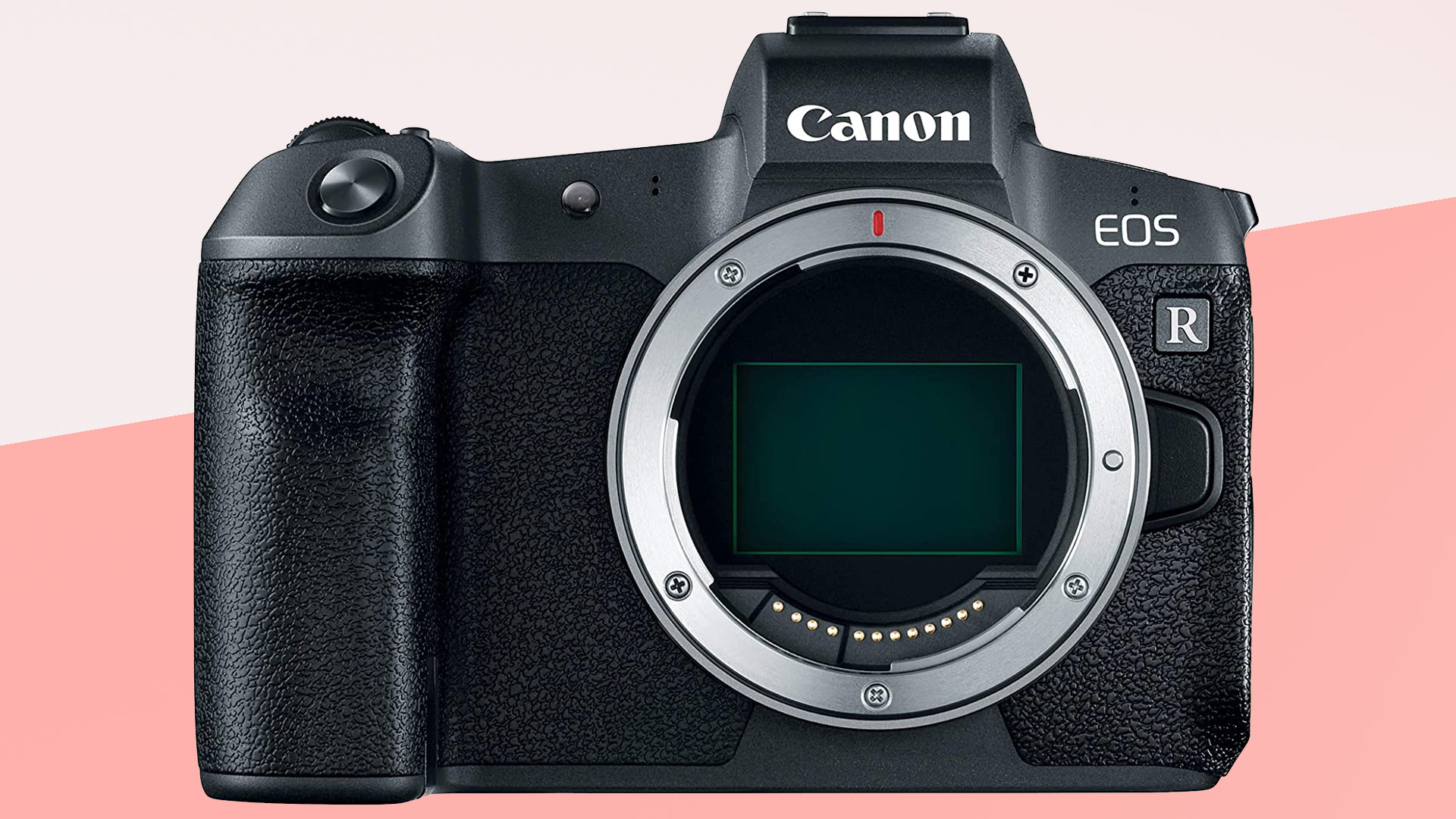
Canon has spent the last two years heavily pushing (and polishing) its R-series mirrorless cameras. But all of these cameras so far have had full-frame sensors. The Canon EOS R7 could well change all that.
This APS-C sensor camera is reportedly already in the hands of some photographers, who are presumably road-testing it for Canon. Curiously, one of these photographers, according to Canon Rumors, says it “looks nearly identical to the Canon EOS R6”.
The aim is not, it would be appear, to make an even smaller mirrorless model. Instead, we’re likely to see Canon work to maximize burst performance and offer a sports/action photography camera at a reasonable cost.
The Canon EOS R6 can already shoot at 12fps with the mechanical shutter or 20fps with the electronic one. So the Canon EOS R7 will need to be even faster (and more affordable than the EOS R6 when it arrives in the second half of 2021.
For video shooters, it’s also likely to have 4K/60p capture, but by that time this video mode will likely be fairly common.
- Read more about the Canon EOS R7 rumors

Panasonic Lumix GH6
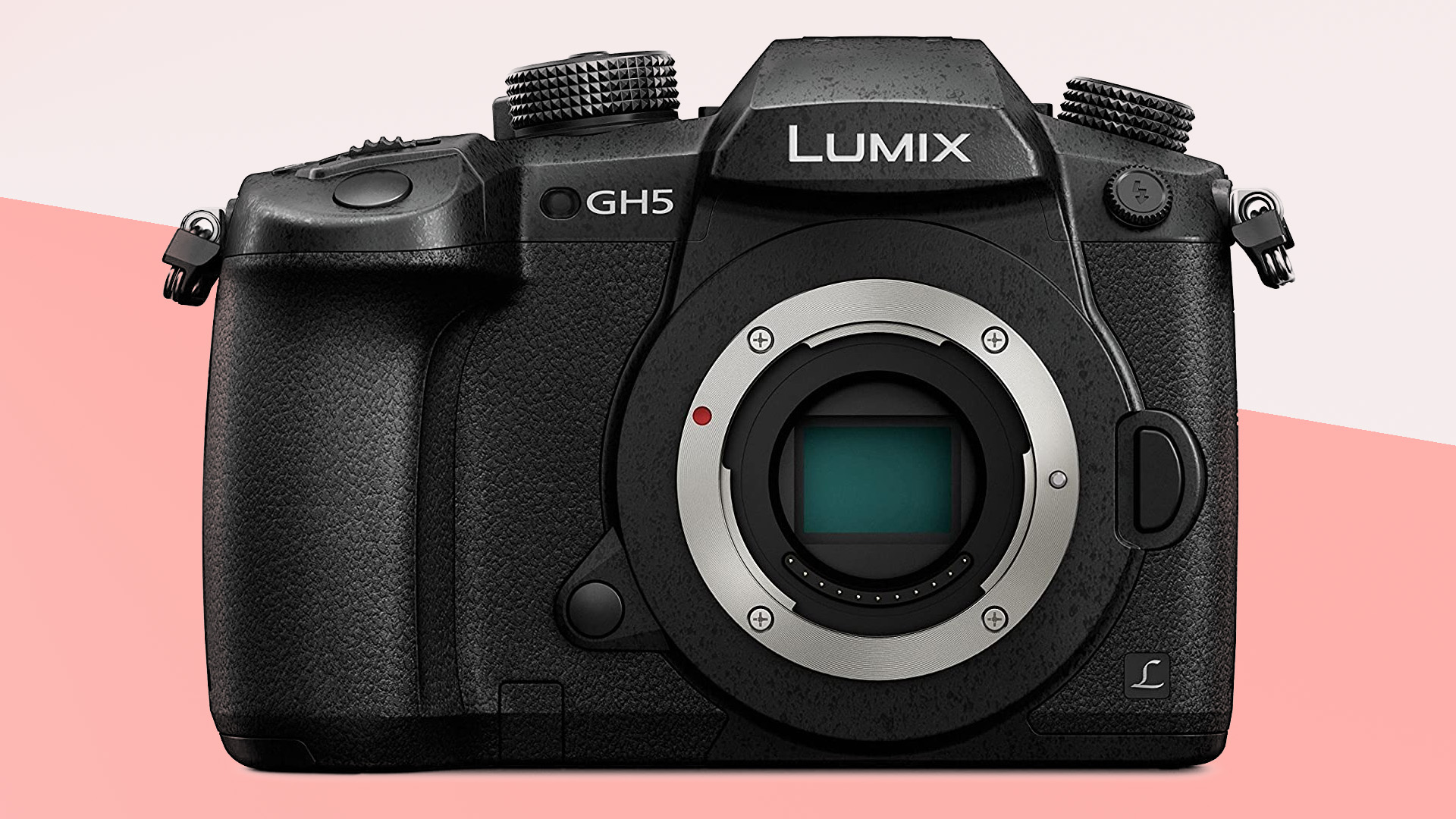
We had hoped to see the Panasonic Lumix GH6 in May 2020, but that didn’t happen. Instead, the earliest it is likely to be announced is at the end of February 2021.
We’re ready for it though: the excellent Panasonic Lumix GH5 launched in 2017, so we are well overdue an update.
But what will the Panasonic GH6 offer? There have been relatively few leaks given how long this camera has been anticipated, but as recently as September Panasonic Imaging director Yasuke Yamane suggested the camera is at least coming.
The GH5 already has 4K/60p video capture and a “6K" 30fps video mode, using an anamorphic 4992x3774 frame. A jump to 8K may be a step too far, pushing hard at the sensor size limitations of the Micro Four Thirds format, but we're hoping to see 5760x3240 6K video capture and 4K raw.
- Read our in-depth guide to the Panasonic Lumix GH6 rumors

Fujifilm X-E4
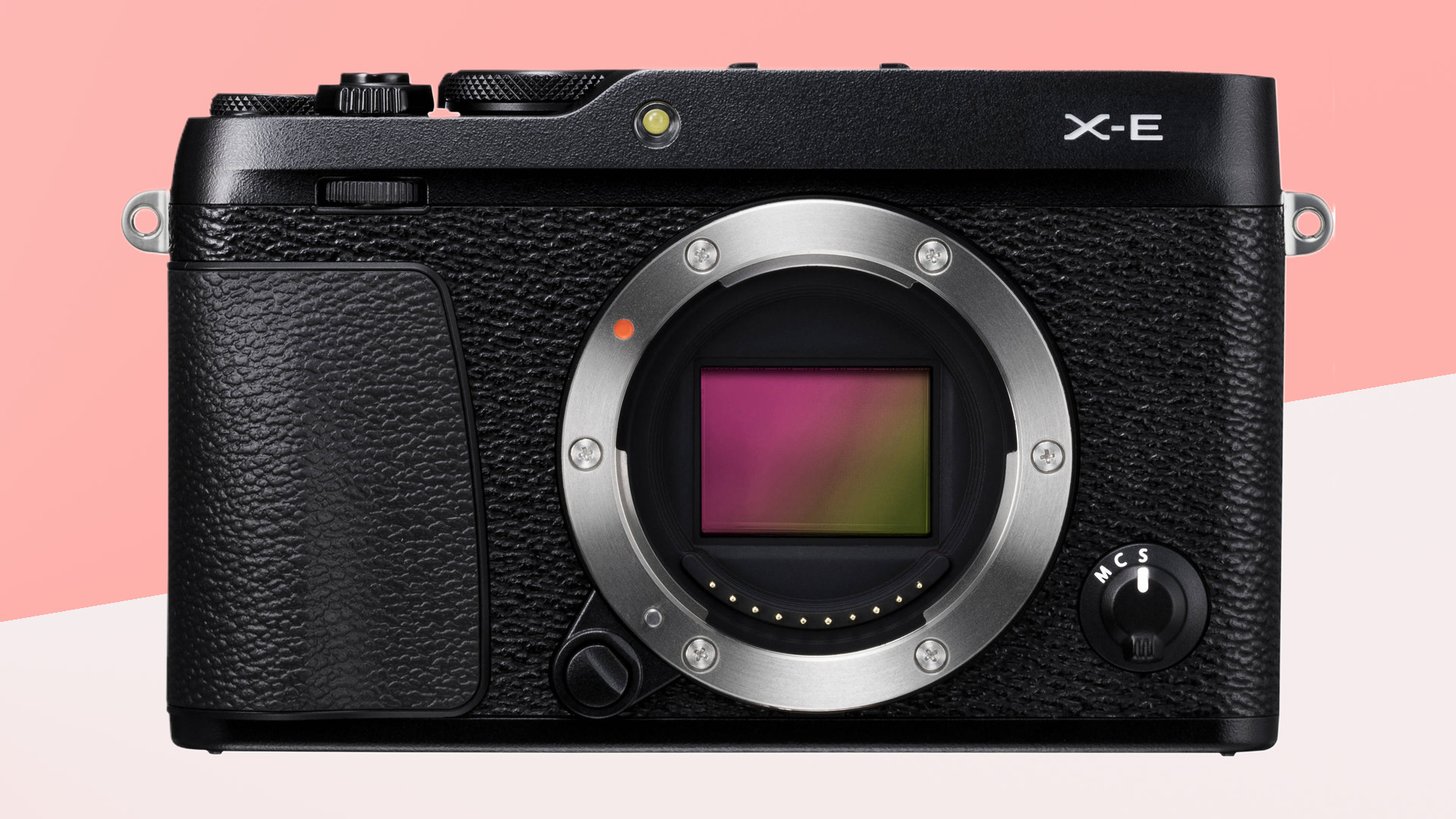
We've been big fans of Fujifilm’s X-E series since it began back in 2012. It offers bags of style and great performance at a lower price than the company's excellent XT-series cameras.
The Fujifilm X-E4 is expected in early 2021, as it has already been spotted in the database of the US regulation authorities. This camera is hemmed into a mid-price, portable pigeonhole by Fujifilm’s other cameras, but we're likely to see some notable improvements.
One of the biggest changes is likely to be the addition of a two-way tilt screen. The Fujifilm X-E3 has a fixed screen, offering no tilt at all, which would seem out of place in a fairly mainstream 2021 camera. And we’re likely see a switch from a 24.2MP sensor to a 26MP chip that's the same as the one in the Fujifilm X-T30.
- Read more about the Fujifilm X-E4 rumors

Fujifilm GFX100S
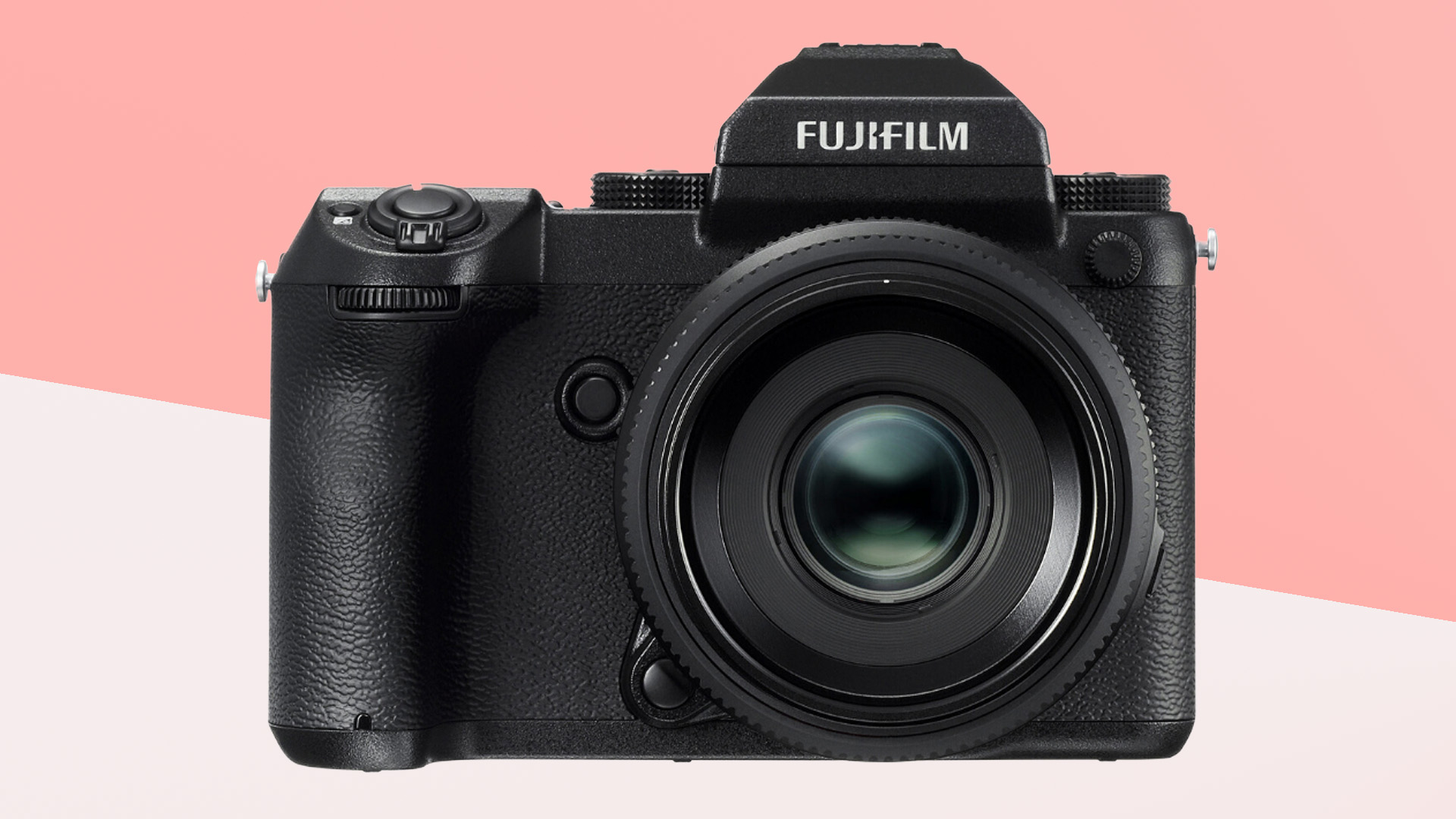
The Fujifilm GFX100S is the heavily-rumored follow-up to the incredible medium format Fujifilm GFX100 from 2018.
It was outed in FCC listings, alongside the Fujifilm X-E4, which suggests we won’t have long to wait to see this monster camera in person.
How will it differ from 2019’s GFX100? It's likely to ditch the battery grip, to give the GFX100S similar dimensions to the Fujifilm GFX 50S. But, as the same suggests, we’ll likely get a 102MP sensor again, rather than a 50MP one seen in the GFX50S.
A high price will undoubtedly keep the GFX100S out of the reach of most of us, but the idea of a relatively easy-to-handle 102MP medium format camera will see landscape and architecture photographers frantically rooting through their lofts to see what family heirlooms they can sell.
With an increasingly impressive range of GFX lenses, which now stands at 11 options and will soon be bolstered by the arrival of the GF80mm f/1.7 R WR in 2021, this could be the year that Fujifilm's medium format range truly matures.
- Read more about the Fujifilm GFX100S rumors

Sony A9 III
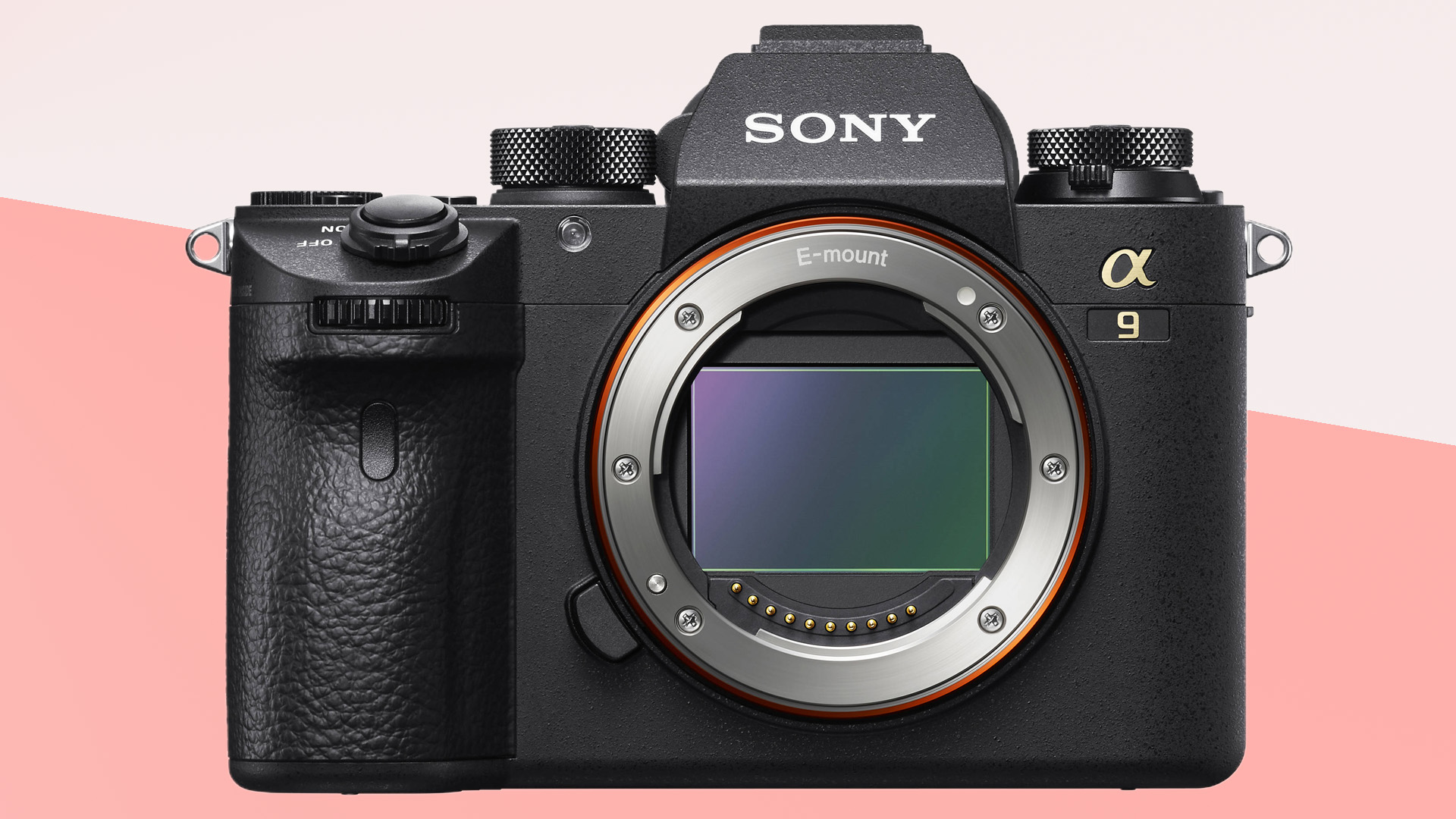
The Sony A9 III is likely to set the mirrorless standard for full-frame cameras in early 2021. We may see it as early as CES 2021 in January which, despite the global pandemic, will carry on in virtual form.
Big hitter features to look forward to include 8K video capture at 30 frames per second and a 50MP sensor. Expect a price of around $5,000 / £5,500 / AU$8,000, which sounds expensive, but makes sense when you consider that the Sony A7R IV arrived for $3,500 / £3,500 / AU$5,699 in 2019.
The Sony A9 II is only a year old, but it’s already time for an update to keep this top-end camera range relevant. 8K capture is likely to be quality-limited when not using an external recorder, but you can expect burst performance similar to, and perhaps significantly better than, the 20fps of the Sony A9 II.
- Read more about the Sony A9 II rumors

iPhone 13
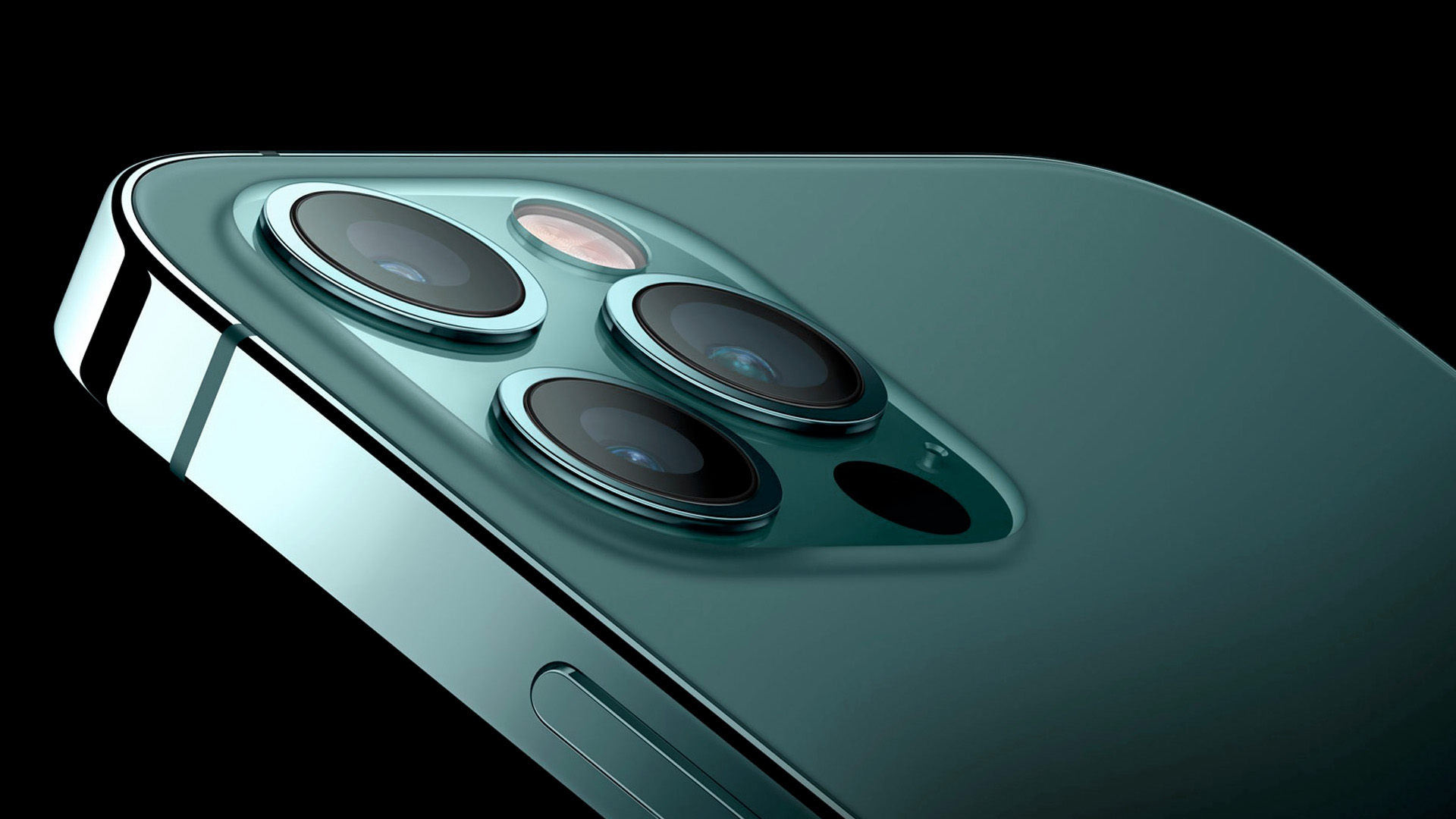
The iPhone 12 Pro Max represented a significant step up in Apple’s cameras. We got a better zoom, improved processing all-round, and the Apple ProRaw format.
The latter attempts to combine the best bits of raw shooting with the friendliness of JPEGs. Suggested processing profiles are baked in, including multi-exposure HDR magic, but you get the editing flexibility of raw underneath.
Next year, we expect Apple to significantly improve the ultra-wide camera in the iPhone 13. The current iPhones, including the top-end iPhone 12 Pro Max, do not have ultra-wides that compete with those of the Samsung Galaxy Note 20 Ultra or OnePlus 8 Pro.
Early reports suggest the iPhone 13's lens will be upgraded from a five-element f/2.4 affair to an f/1.8, six-element lens. That would mean we'd get closer to the quality of a 'main' camera, in a secondary lens. Sure, maybe this should have happened in 2020, but Apple made great progress in other areas.
- Read our in-depth guide to the iPhone 13 rumors

Nikon Z30
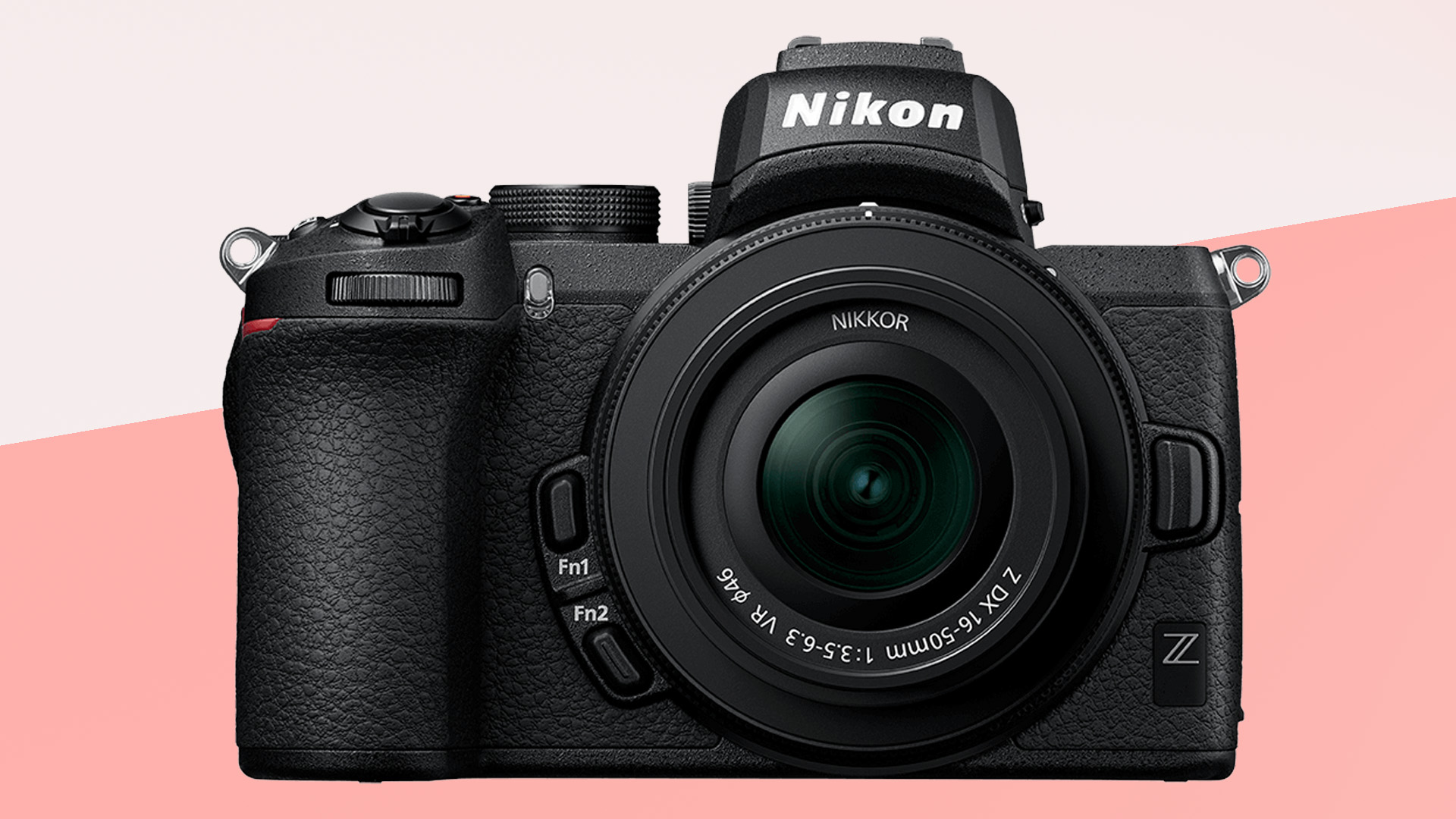
It’s easy to get hung up on top-end cameras if you read about them for fun, but the rumored Nikon Z30 is just the kind of camera many of us would actually buy.
This upcoming APS-C sensor mirrorless camera was possibly registered with a Russian certification agency back in June 2020, suggesting Nikon may be working out the right time to announce it.
No features have been revealed or leaked, but speculation has touched on some very believable spec bullet points.
The Nikon Z30 is likely to have a 24.2MP sensor, 4K recording at up to 30fps and 60fps Full HD capture. We hope to see it land below the cost of the Nikon Z50, as a tasty alternative to the entry-level APS-C mirrorless models from Fujifilm and Sony.
- Read more about the Nikon Z30 rumors

Nikon Z8
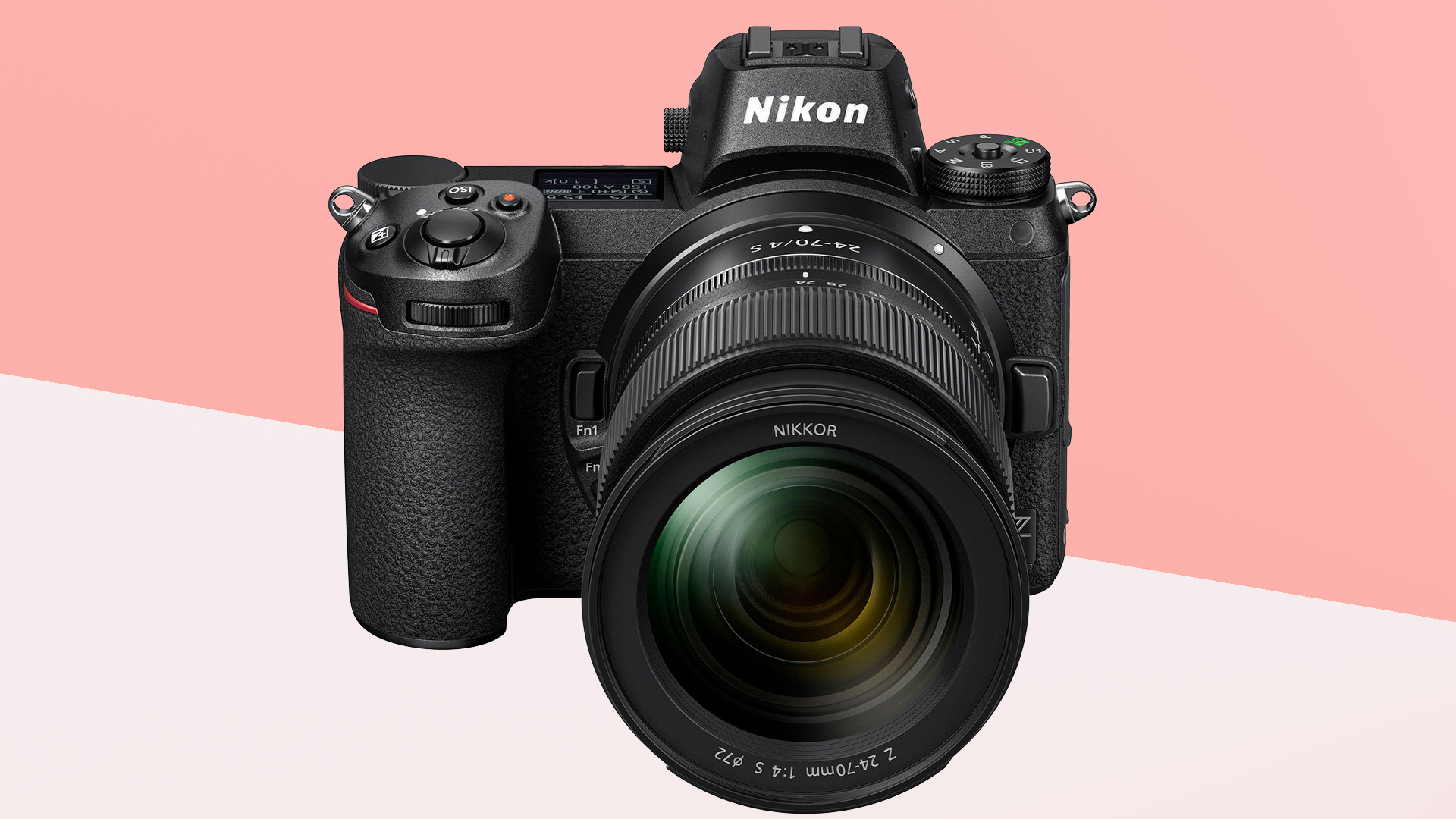
The Nikon Z8 is expected to mark a new high point for Nikon’s mirrorless cameras. A 60MP sensor, burst speeds of 14fps using the mechanical shutter, and a pixel-shifting mode for shots with 240 megapixels worth of data: it all sounds very impressive.
We’re looking at a mirrorless Nikon with the same kind of performance as the Nikon D6, only at a far higher resolution.
The Canon EOS R5 and Sony A7R IV are the real rivals here, though. The EOS R5 can shoot at up to 12fps, at 45MP resolution. Sony’s A7R IV would match the Nikon Z8 for resolution, and offers 10fps burst shooting.
Can Nikon really reach such high performance at such high resolution? The Nikon Z8 is certainly one to watch out for. There are also suggestions Nikon may fork its top-end 2021 mirrorless cameras into the Z8 and Z9, which opens up the possibility of one focusing on resolution, and the other on burst performance.
- Read more about the Nikon Z8 rumors

Olympus PEN-F Mark II
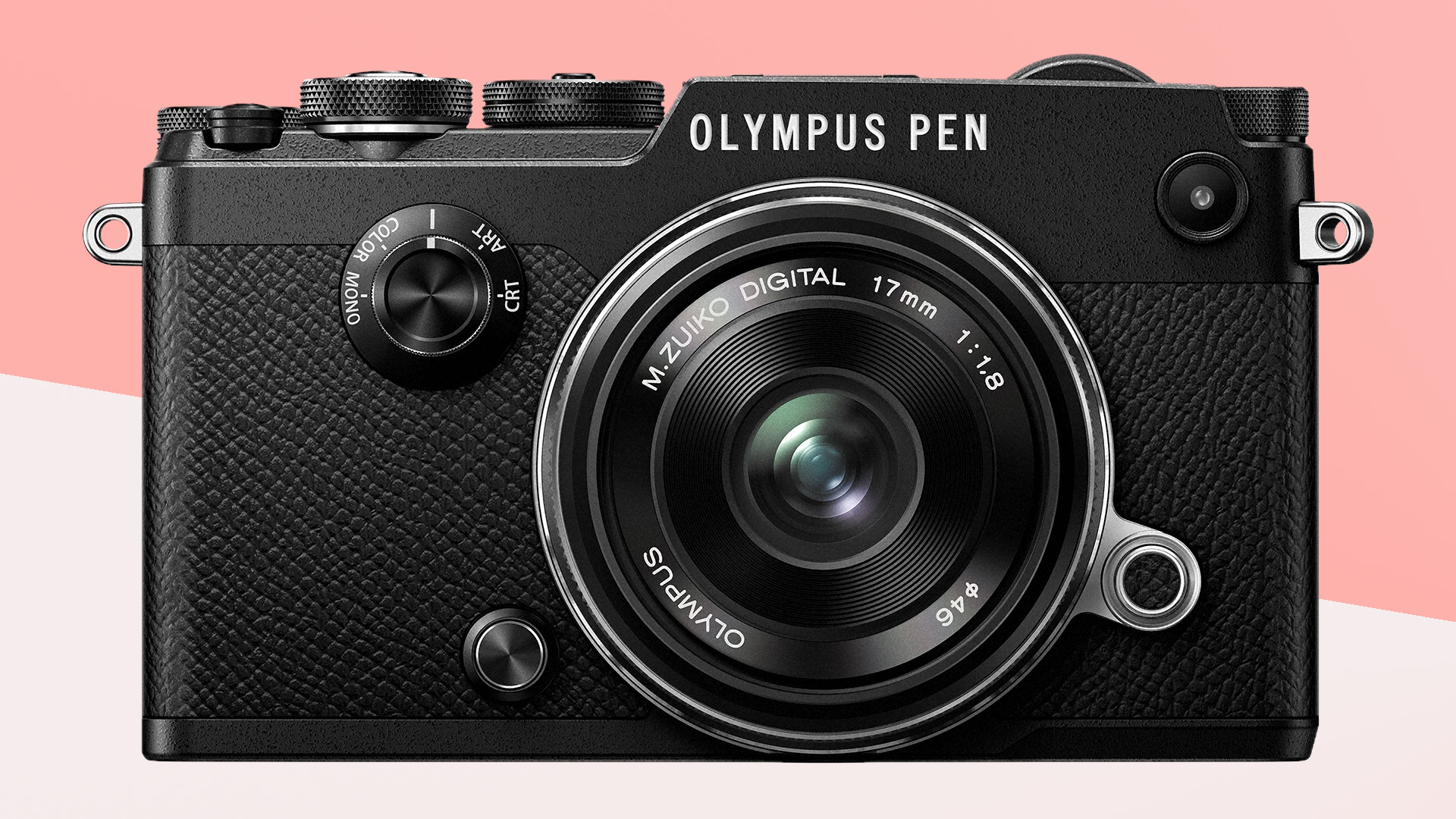
The Olympus PEN E-P1 was the original mirrorless camera pin-up and we were big fans of the Olympus PEN-F when its 60s looks arrived in 2016. Could the iconic PEN range return in 2021? It's an outside bet, but not impossible.
Olympus left the camera market in 2020 because it could no longer turn a profit, but it sounds like we won’t see a major departure in this newborn version of the brand.
“I think that the features of the Micro Four Thirds system are the overwhelming system mobility in the telephoto system,” said Olympus engineer Hiroshi Suzuki in an interview with Japanese site Maptimes.
This falls far short of any official confirmation of the future direction of Olympus cameras, but it makes sense for the brand to use its existing technologies. Let’s hope whatever cuts are made to turn around an unprofitable business aren't too drastic –and leave room for the return of one of the best Olympus cameras ever.
- Read more about the Olympus PEN-F Mark II rumors

DJI FPV drone
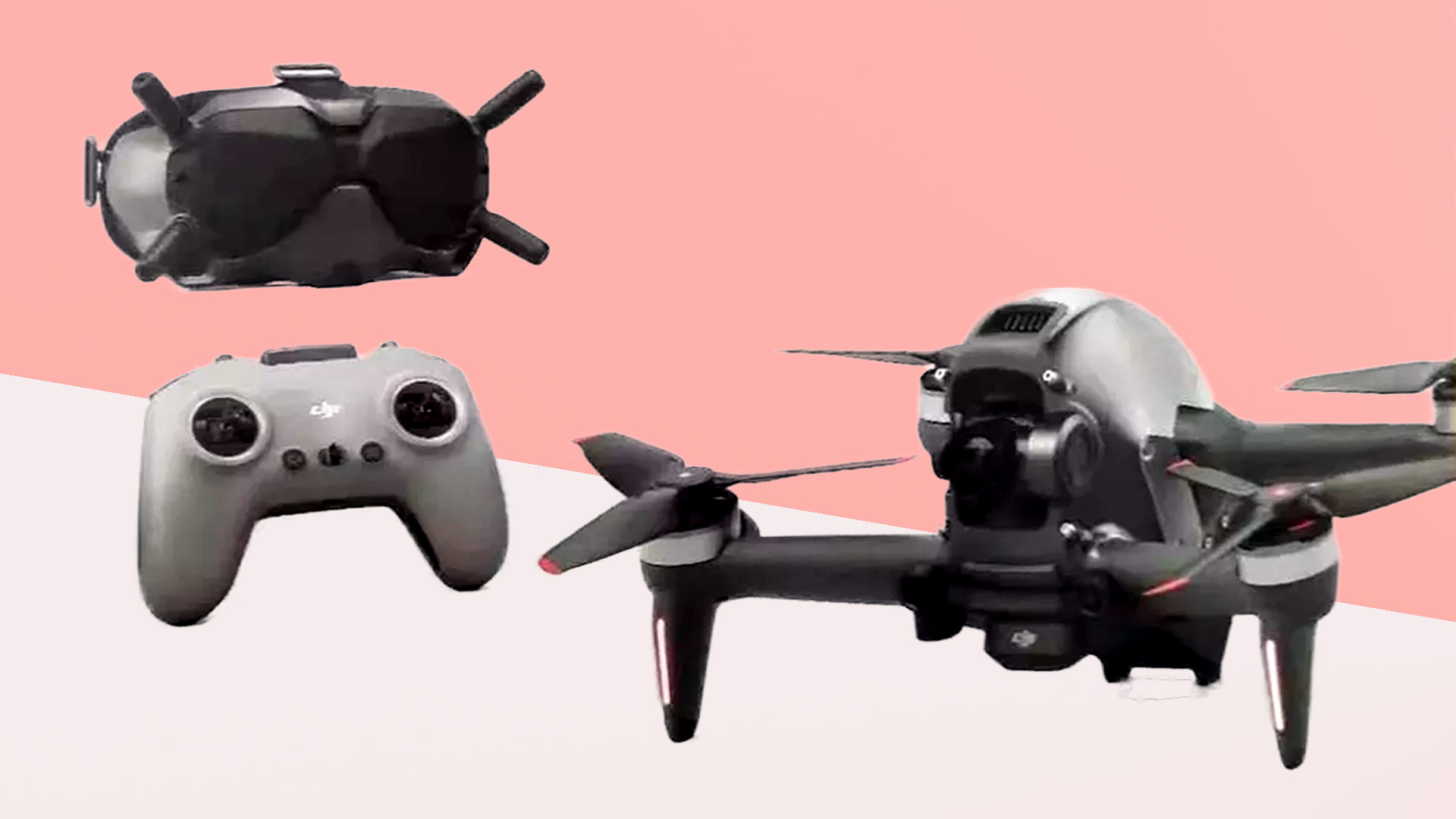
DJI is expected to launch its first FPV (First Person View) drone in early 2021. Yes, some of its drones are already compatible with the DJI Goggles, but this would be the first time DJI has released a super-agile drone that's designed for speeding around courses and shooting cinewhoop-style videos.
At least, that's what we think the DJI FPV drone will be for. Leaked images of its design suggest it'll be too big to trouble the speediest entrants in the Drone Racing League, and for a brief moment we were concerned it might be designed for businesses rather than hobbyists.
But a DJI event in December was instead for the Mavic 2 Enterprise Advanced, which means we can expect to see the DJI FPV drone arrive in early 2021. A bunch of its features have already been leaked. Expect 4K/60p video recording, 21 minutes of flight time per charge and a GPS return-to-home function. We believe this will primarily be an imaging drone, like DJI’s others, rather than a racing one.
However, a reported top speed of 93mph sounds almost unbelievably rapid – while a drone record of 180mph was set in 2017, most fast pre-built drones reach speeds of around 70mph.
- Read our in-depth guide to the DJI FPV drone rumors

Sony Airpeak drone
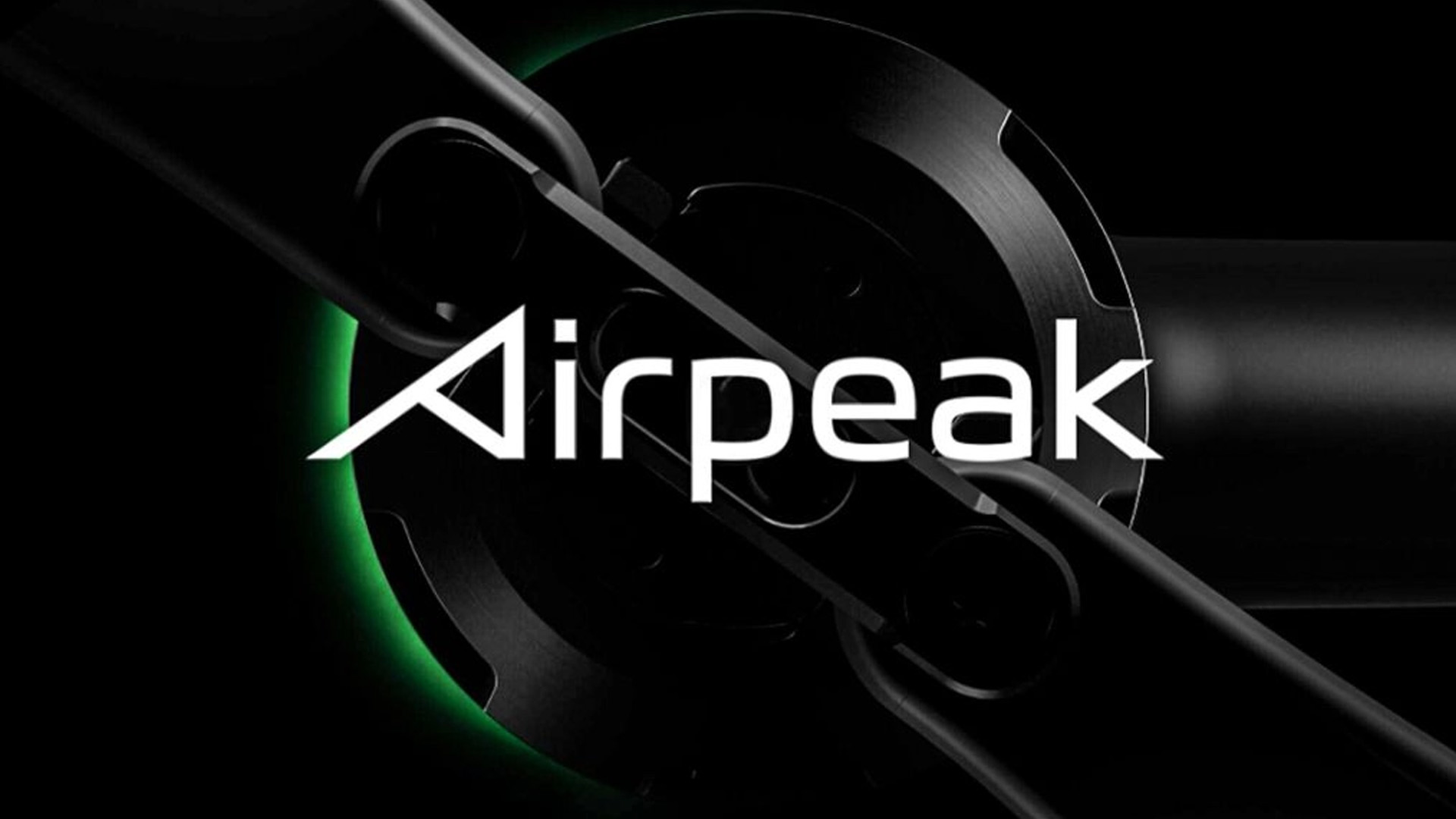
Sony announced its Airpeak range of drones in November 2020. A cryptic promo video is all we’ve seen so far, but we know it exists and that Airpeak drones are based around a “3R” concept. Those three “Rs” are reality, real-time and remote.
Could this mean we’re looking at an FPV drone system?
While Sony Airpeak hasn’t been confirmed as a consumer brand, all signs suggest it is one. The promo video looks like the initial teaser for a game console, in stylistic terms, and the “we will transform the realm of the sky into an endless creative space from an unprecedented free perspective” mission statement does not exactly scream industrial use.
Sony makes many of the camera sensors that go into drones. The DJI Mavic Air 2 uses the Sony IMX586 sensor, for example, but this is no instant recipe for success. While top-end Sony phones often have 'exclusive' sensors, they have continually failed to keep pace with top rivals in terms of image quality. Let’s hope the Sony Airpeak drones can keep up with DJI’s.
- Read more about the Sony Airpeak drone
from TechRadar - All the latest technology news https://ift.tt/3pCBs0q


